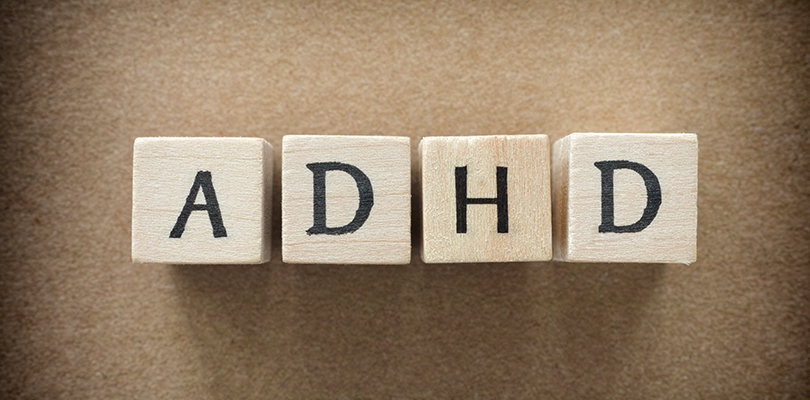Finding the Right ADHD Treatment for You
According to WebMD, at least 4 to 5% of adults in the United States have ADHD, and it is likely that the actual incidence is higher than that because adults who have ADHD are often misunderstood.
Signs and Symptoms of ADHD in Adults
- Adults who have ADHD may find it hard to follow directions, concentrate on tasks, organize time, and recall instructions.
- They may have difficulty controlling impulses and emotions.
- Many people who have ADHD may suffer from anxiety, depression, and substance abuse.
The degree that ADHD symptoms impact an individuals life vary widely. Many people have a diagnosis of ADHD, or worse yet simply don't know what's wrong.
Treatment of Adult ADHD
A physical examination is needed to rule out any medical problems. Other conditions present symptoms similar to those caused by ADHD. Your doctor may refer you to a psychiatrist for a complete evaluation.
Proper diagnosis is key to getting help for ADHD in adults.
Several tools can help you to live with ADHD. Your doctor may prescribe medications and refer you for counseling. Some people find taking classes in time management skills beneficial. You may find that if you eat a healthy diet, get plenty of rest, and regular exercise it may help your symptoms.
1. Pharmacological Treatments for ADHD in Adults
Prescription medications can benefit the majority of adults who have a diagnosis of ADHD. Your doctor may prescribe you stimulant drugs or not to help with managing your ADHD.
It may seem strange to prescribe a stimulant medication for a hyperactive person. However stimulant drugs can help individuals who have ADHD slow down and focus better.
In often takes more than one attempt to find the correct medicine, dose, or combination of treatments to reach maximum effectiveness. No one medication is right for everyone. The key is to work with your healthcare provider. By doing this, you will create the best plan which meets your individual needs.
Common Side Effects of Medications
While medications for ADHD can help your concentration and raise your self-esteem, they have side effects. Side effects of the medications used to treat ADHD may include:
- Stomach upset
- Changes in appetite
- Headaches
- Lightheadedness
- Mood swings
- May interfere with your sleep
- Cause dryness of the mouth
2. Counseling and Behavioral Treatments
Counseling can be useful on many levels for people who have ADHD.
Counseling may help improve self-esteem, practical tips for relating with others, learn meditation and other relaxation techniques to improve concentration, and personal goal setting.
Family members may benefit as well so that they can understand ADHD and its effect on their loved ones and their own lives.
3. Vocational Counseling
Workplace environments can be challenging for people who have ADHD.
The environments can be noisy, fast paced, and unpredictable. Individuals with ADHD are often reluctant to let employers and coworkers know about their ADHD challenges. It can be impossible to take needed breaks, show up on time, concentrate, and learn new things, especially when under pressure on the job.
Vocational counseling can be highly effective both in providing support and developing strategies for success in the workplace.
4. Nutritional Support for ADHD
It is important to consume clean, high-quality foods. Eat plenty of fresh fruits and vegetables and whole grains. Whenever possible eat organic foods. Organic foods are not treated with harmful pesticides, preservatives, and other toxins.
- Consuming high-quality protein is important.
- Eating small amounts of healthy fats is essential for brain function. Good sources of healthy fats include flaxseed oil, salmon.
- Limit your consumption of junk food. Avoid alcohol, highly sweetened, or caffeinated food and drink as these foods and beverages may worsen mood swings and impulse control.
- Whole grains are nourishing and soothing to the nervous system. They provide steady energy.
- Foods that are rich in calcium and magnesium are important to include in your diet. They help the nervous system to function properly. These nutrients may help you sleep better at night too. Dairy products, turkey, whole grains, and nuts are excellent sources.
Live Well Despite ADHD
There's no doubt that living with ADHD is challenging. You can have a wonderful, successful life despite the challenges that ADHD presents.
Believe in yourself and don't be afraid to ask for help.






